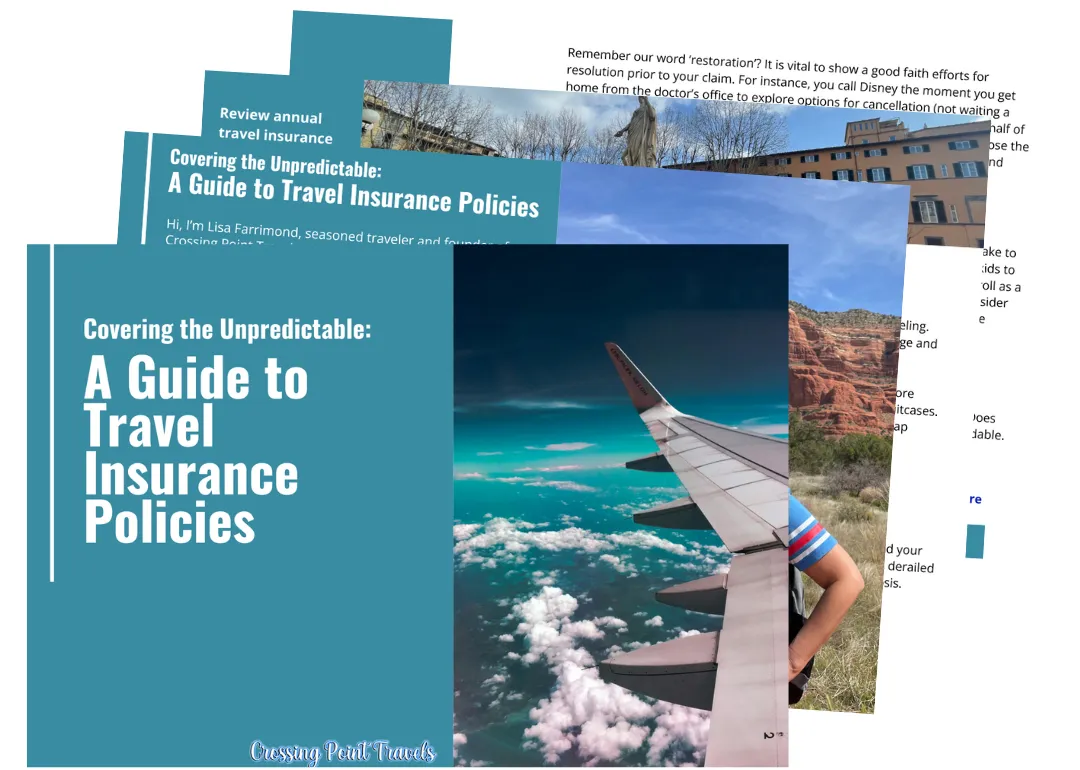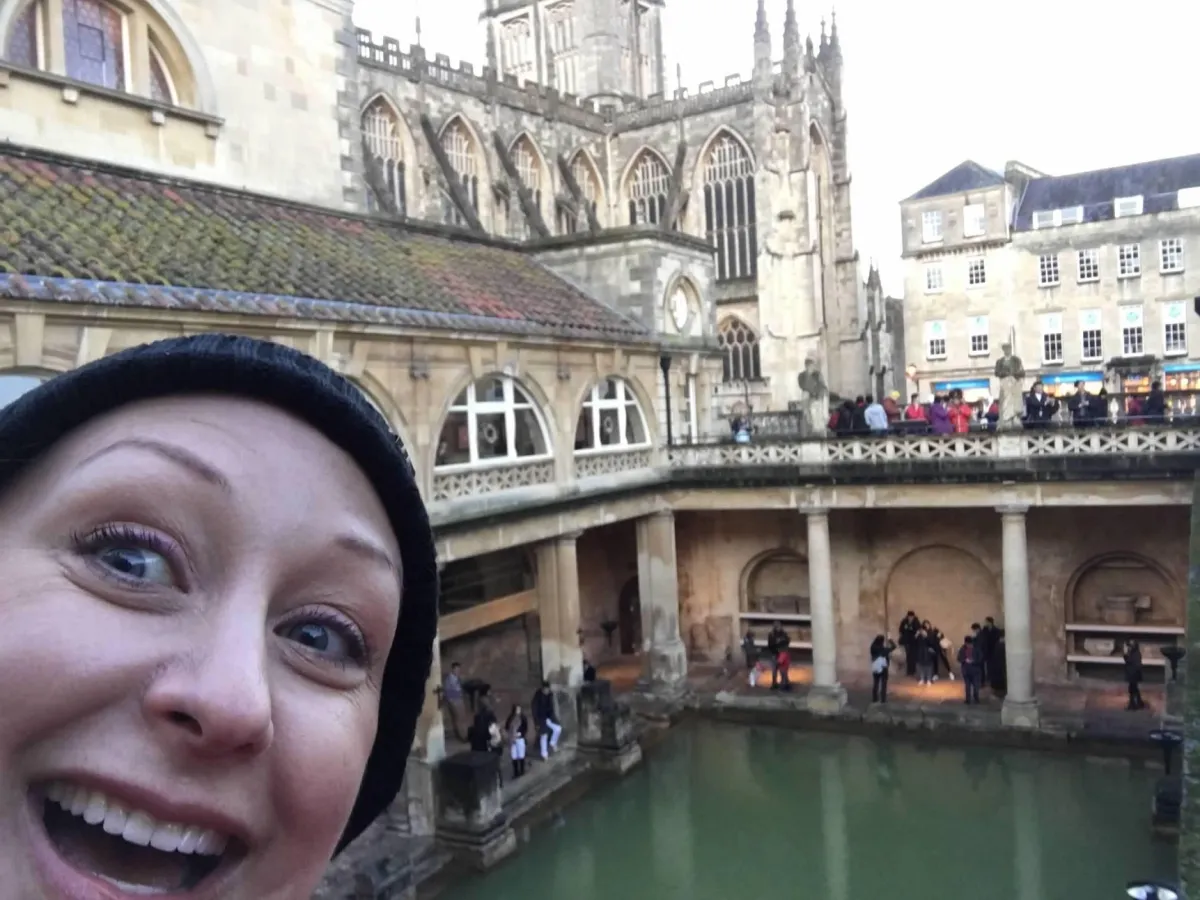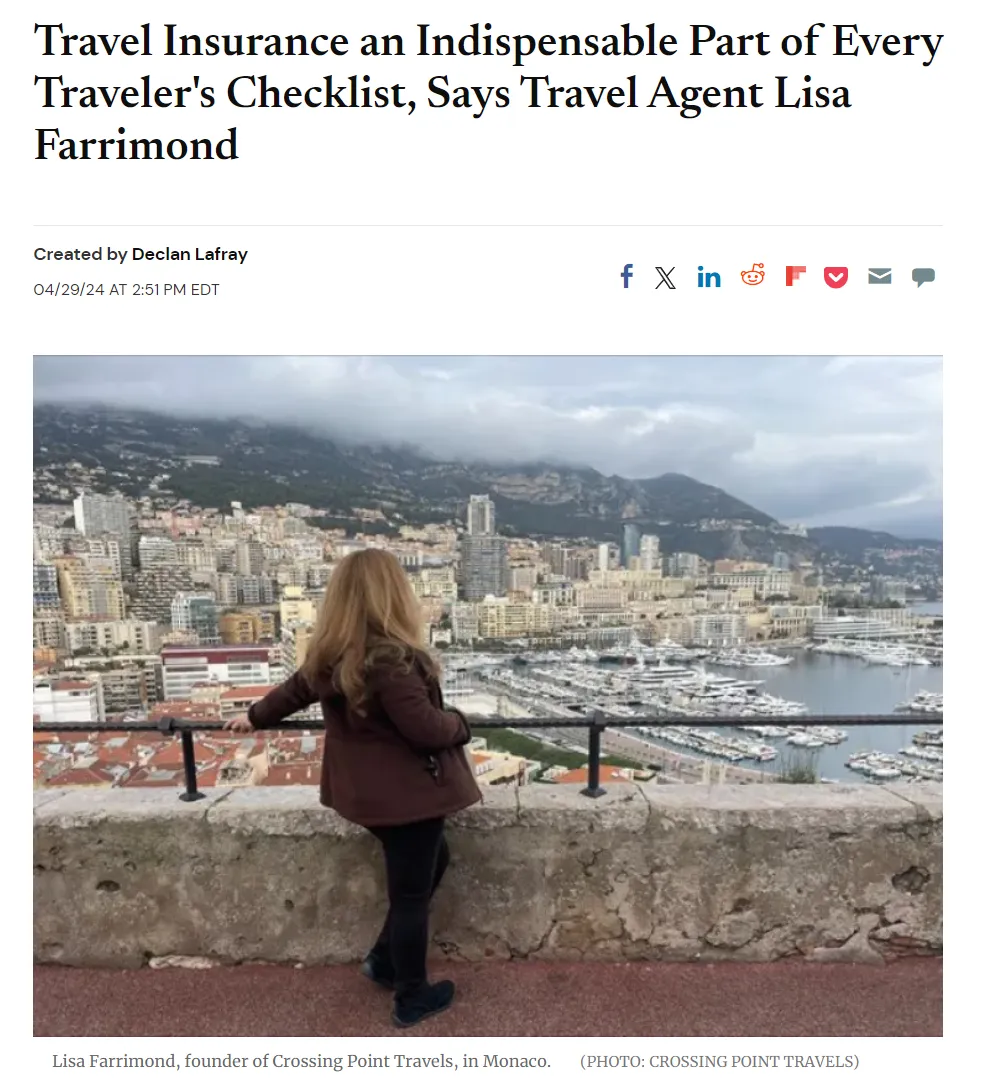Is Travel Insurance Important?
Imagine this: you're gearing up for an incredible adventure—be it a thrilling animal safari or a serene beachside yoga retreat. The excitement is palpable, yet there’s a critical component that often gets overlooked amidst the allure of itineraries and accommodations—travel insurance. While it's tempting to view this as an extra expense, the harsh reality is that unexpected events can swiftly turn a dream vacation into a financial nightmare.
Travel insurance is not glamorous, but it is a cornerstone of responsible planning. It cannot and should not be ignored.
An annual travel policy is a wise choice since it comprehensively covers all aspects of your life: business, roadtrips, holidays, conventions, contests, hobbies, sporting events, camping trips and more. Meanwhile, single-trip policies certainly have their place if you are taking a specialized trip (like an African safari for instance) or if you aren’t much of a traveler. Single and annual policies can close the gap on expenditures for covered medical emergencies, baggage delays, trip interruptions, flight cancellations and more.
If you take at least two trips a year, an annual policy working for you 365 days a year is the preferable investment….with some policies often costing less than $200 per year. Need help finding the perfect policy to fit your unique situation? Let me help.

FREE DOWNLOAD
COVERING THE UNPREDICTABLE:
TOP 14 TIPS TO GET THE BEST TRAVEL INSURANCE POLICY
Privacy Policy: Your Information is 100% Secure
COVERING THE UNPREDICTABLE: TOP 14 TIPS TO GET THE BEST TRAVEL INSURANCE POLICY
In this FREE DOWNLOAD, you'll discover:
What is Travel Insurance?
Different Types of Travel Policies
Insurance Pitfalls and How to Avoid Them
Pro Travel Tips

Stay Safe While Traveling Internationally: Top 12 Tips
Traveling internationally is an intoxicating adventure. Something "old" in the USA is 100ish years old. Something "old" in Europe was probably built by the Romans! Just sayin. The world is full of beauty and exploration, but it's crucial to stay safe. Here are my top tips to ensure your trip is equal parts safe and enjoyable.

1. Discreetly Carry Your Valuables
Avoid carrying your valuables in an ostentatious manner. Use a body purse , a bra pouch, or a jacket with secure inner pockets. Especially in cooler locations, I prefer a jacket with a breast pocket for my credit cards and cash. This reduces the risk of theft compared to using a visible purse. Additionally, utilize your digital wallet (whenever possible) to minimize cash or physical credit cards.
2. Avoid Unsolicited Interactions
Refrain from touching or accepting items from strangers on the street. This can help you avoid scams where you're accused of breaking something you touched (when you didn't). Similarly, be wary of anyone invading your personal space, whether they offer a dance, a hug, or a light for your cigarette. These actions are red flags for potential theft or scams.
3. Blend In
Don't look lost or out of place. When I was in Barcelona, I memorized the route I was walking to avoided looking at my maps app routing. The goal is to blend in with the locals. Having a mental map of your destination helps maintain your confidence and minimizes your tourist bullseye risks.
4. Avoid Identifying Yourself As a Tourist
While there's nothing wrong with being American (or anything else for that matter), our goal here is to blend in, right? Wearing political or American sports team shirts is basically an "I'm a tourist" neon sign. Opt for more neutral attire to be more invisible to scammers.
5. Minimize Flashiness
During the day, leave your designer clothes and accessories at the hotel and stick to practical outfits. A simple over the body sling is your best friend. Save your luxury items for special occasions or nights out. Flashy jewelry and expensive accessories can attract unwanted attention from the ill-intented.
6. Learn Basic Local Phrases
Learning a few basic phrases in the local language is a sign of respect and can make your interactions smoother. Whether it’s "gracias" in Spain or "merci" in France, using local greetings and expressions shows that you're gracious enough to make an effort to engage with the culture.
7. Register with the Government Travel Site
Before your trip, check visa requirements and register your travel plans with your government. This ensures that authorities can assist you more efficiently in case of an emergency.
8. Share Your Itinerary
Make sure at least two people at home know your travel itinerary. This ensures someone can act on your behalf if something goes wrong. Your travel agent is your best lifeline, but maybe a spouse, boss, bestie or parent is your best second?
9. Get Travel Insurance
Travel insurance is crucial. It covers unexpected issues like trip cancellations, interruptions, delays, and medical emergencies. Your regular health insurance might not cover you "out of network" (like when you're abroad). You will also be subject to deductibles, so travel insurance provides peace of mind.
10. Post on Social Media Delayed
Avoid posting your real-time location on social media. Share your travel experiences after you've returned home to avoid calling attention to the fact that your home is unoccupied.
11. Minimize Solo Travel Risks
If you are married but traveling alone for work, guess what....you're a solo traveler. Not to worry though, I have done a ton of solo traveling, and I have never had issues. Nevertheless, avoid broadcasting this fact. Deflect questions about being alone, because it is no one's business anyway.
12. Skip the Currency Exchange
I have literally never exchanged currency on my travels and have operated with credit cards and small amounts of American USD for tips and small items (magnets, trinkets, etc.). I believe a currency exchange leaves you open for fraud upon redemption. Let's say you exchange a $100 USD bill, then you spend approximately $65. Currency is a fluctuating thing. Do you have a solid grasp on exactly how much to expect back? Or will you just take whatever they hand you? Would you know if someone pocketed a portion of your change? Just use credit cards as much as possible to avoid this issue.
By following these tips, you can enjoy your international travels while staying safe and secure. Happy travels!


Hillary Mayrhofer
★★★★★
Lisa is an amazing travel agent! She booked my Cruise and found some amazing deals and excursions for me! She was very knowledgeable and helpful with answering all of my questions, since this was my first time taking a Cruise. I had no idea what to expect. I will definitely be using her services for my next trip!

Jerad Carpenter
★★★★★



